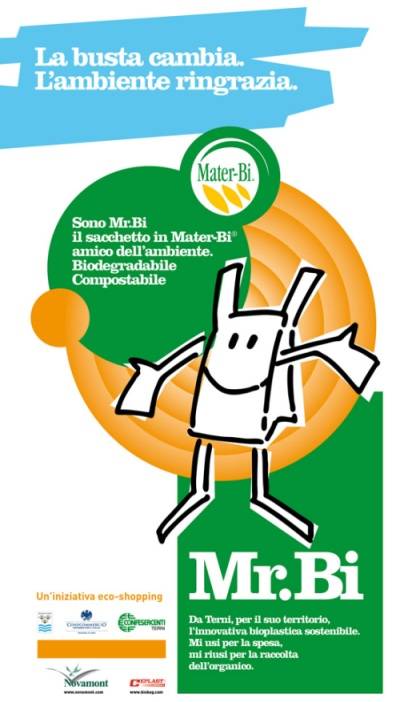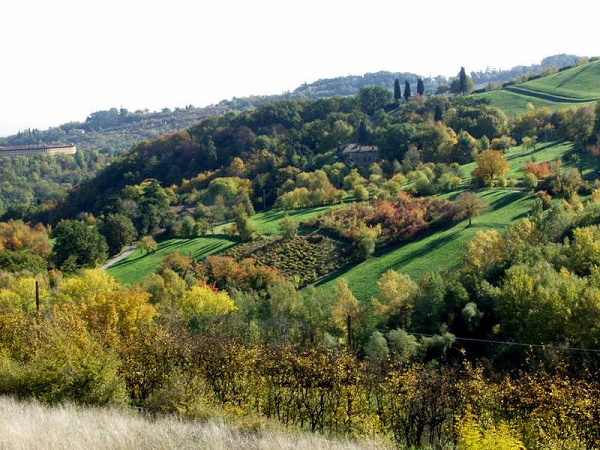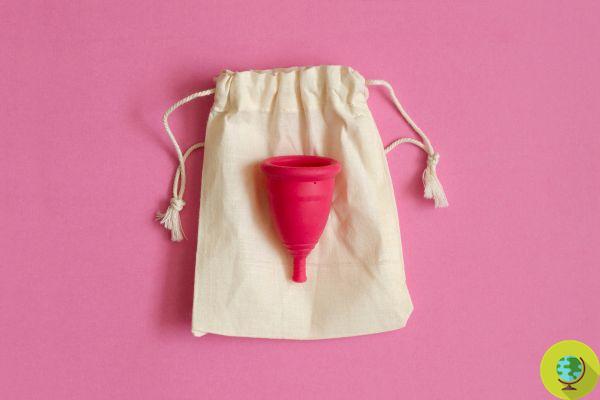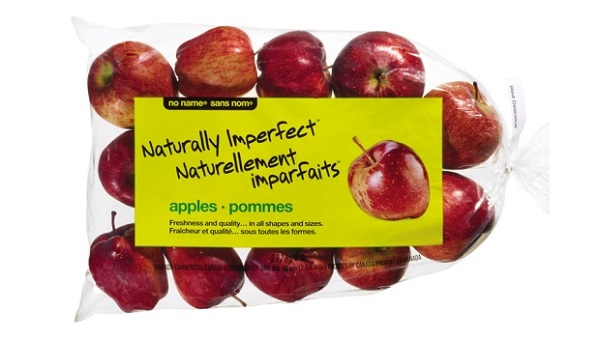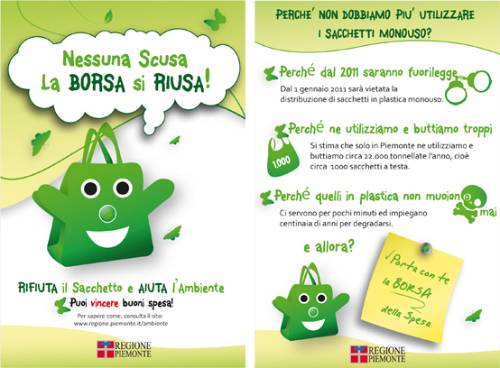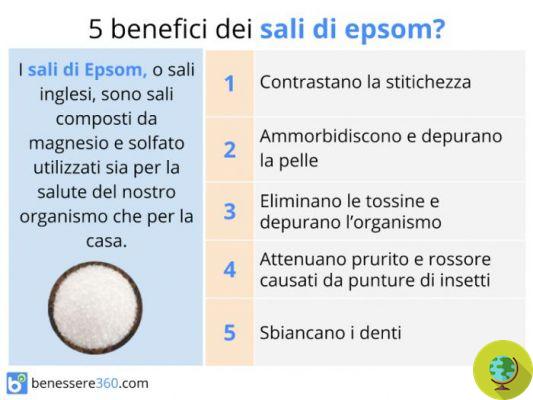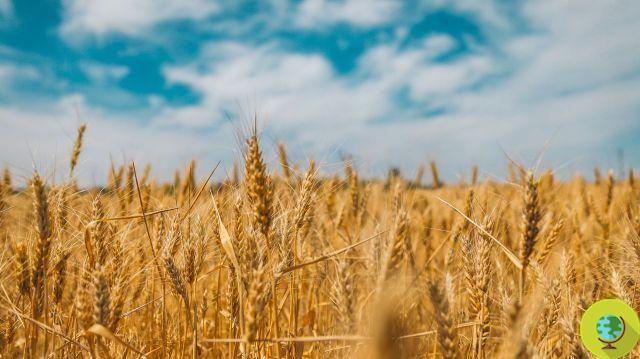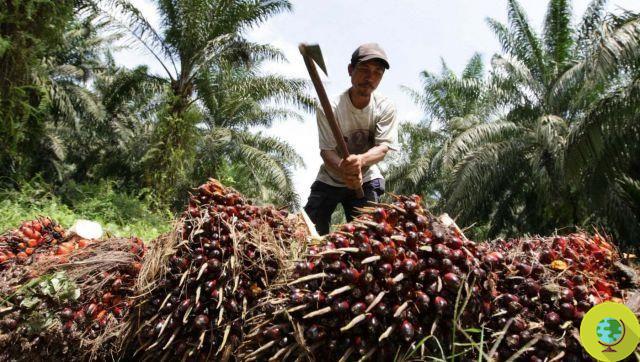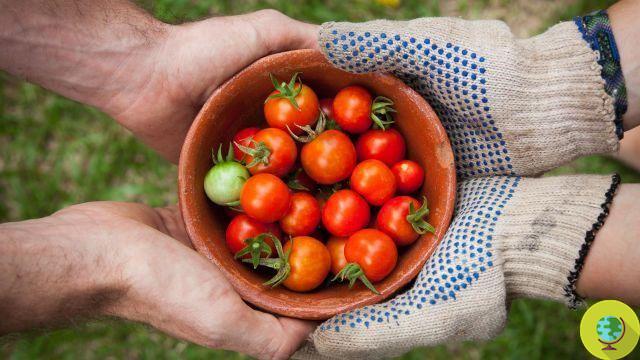
Reduce emissions and save the climate also starting from shopping and what we choose to bring to the table every day. To reiterate this Coldiretti, who, after taking part yesterday in the March for the Climate and awaiting the Summit on climate change tomorrow in New York, draws up a decalogue for environment-friendly spending.
Don't store avocado like this: it's dangerous
Reduce emissions and save the climate also starting from shopping and what we choose to bring to the table every day. To reiterate it Coldiretti, which, after taking part yesterday in the March for the Climate and pending the Climate Change Summit in New York tomorrow, draw up a decalogue for one environmentally friendly shopping.
With simple precautions in everyday shopping and in the consumption of food, every family could have the power to cut oil consumption and to reduce greenhouse gas emissions by over one thousand kilograms (CO2 equivalent) every year.
This means contributing with a responsible and environmentally friendly lifestyle, such as choosing local and seasonal products (just think that a kilo of cherries from Chile to reach our tables must travel almost 12 thousand kilometers with a consumption of 6,9 kilos of oil and the emission of 21,6 kilos of carbon dioxide), minimize packaging, make group purchases, go shopping by recycling bags, optimize energy consumption in food storage and preparation, do not waste.
The situation is still critical, but just think that - according to an analysis Coldiretti / Ixe ' - three out of four families (73%) cut waste at the table, with 45% reducing it and 28% even canceling it and 80% shopping more wisely.
So how can we contribute to trying to stop global warming and climate change? here is the Decalogue of Coldiretti for environmental saving expenses:
1. Prefer the purchase of local products that do not have to undergo long transport with polluting means
2. choose seasonal fruit and vegetables that do not consume energy for storage. You can also download ours calendar with indications of the seasonality of the various vegetables
3. reduce intermediaries to make purchases directly from the producer, as in the Coldiretti Campagna Amica markets, to avoid product handover which often means unnecessary transport
4. give preference to bulk products that do not consume packaging such as vending machines XNUMX cups milk
5. buy family-size packs compared to single-dose packs to reduce the consumption of packaging by quantity of food consumed
6. do group purchases (also in condominiums) to reduce energy consumption in transport for shopping
7. reuse the shopping bags and use those made with biodegradable materials of national agricultural origin or canvas instead of plastic ones
8. optimize the energy consumed in the preparation and storage of food with low impact pots and refrigerators
9. reduce waste optimizing purchases and rediscovering the kitchen of leftovers to prevent them from ending up in the waste. Here is our guide on how to recycle leftovers
10. do the collection to allow the recovery of energy from the waste produced.
Germana Carillo
READ also:
The 12 ways to reduce emissions at the table




